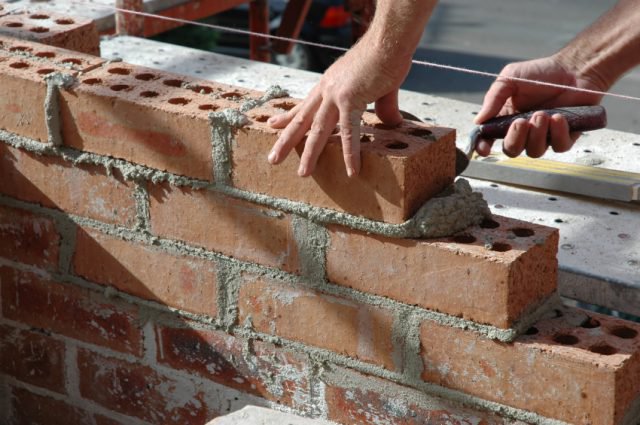Lending to borrowers with small deposits rises
Recent lending figures have given further encouragement to first-time buyers, suggesting that the increase of competitive rates and higher accessibility is working.
Increase
Data from the survey by e.surv chartered surveyors indicates that there has been an increase in mortgages granted to borrowers with smaller deposits. Loans to lenders with small deposits showed a year-on-year increase to April of 7.3%. Month on month, deposits were also up by 6.4%.[1]
Despite this increase, the number of property purchase approvals fell year on year. In the total market, approvals for lending fell by 1.9% from 63,236 loans in April 2014 to 62,035 in 2015. [1]
These figures seem to suggest that higher loan to value (LTV) lending is assisting in supporting total mortgage approval figures. As a percentage, higher LTV lending stands at 16.3%, in comparison to 14.9% in April last year.[1]
Revival
Richard Sexton, director of e.surv. believes that the, ‘revival of the bottom of the market is becoming ever more crucial and this showed in the recent election struggle, with all the main parties placing helping first-time buyers as one of the crucial components of their campaigns.’[1]
Sexton stated that before worries are expressed due to the increase in larger LTV lending, the statistics must be placed in context. ‘The number of higher LTV house purchases approvals is still only a quarter of what it was in 2007, he explained.’ Sexton believes that this is a, ‘healthy upturn,’ as opposed to a sign of any, ‘malady’ in the market.[1]
Mr Sexton went on to say, ‘Prime Minister David Cameron has outlined a plan to provide 200,000 cut price starter homes, alongside a commitment to unlocking brownfield land for building new homes. This is the kind of clear planning the property market needs and it is to be hoped that the proposals crystallise into real policies.’[1]
Growth
Figures from the same survey also suggests that overall house purchase approvals also rose, by 1.1% from March. Sexton points out that following the initial mortgage reforms one year ago, there were five straight months of drops in approvals. He believes that, ‘we turned a corner at the start of this year and lending is starting to find its feet again in the new regulatory landscape.’ He also feels that, ‘this should be even more of a spur to the government to push forward their plans for home building as a continual demand for home ownership places ever more pressure on Britain’s insufficient stuck of homes.’[1]
[1] http://www.propertywire.com/news/europe/uk-home-lending-data-2015051410506.html









